organizing your personal library
a short review of some options
kim gormley
simon elichko
social sciences librarian
what we'll talk about today
overview of the tools (30 minutes)
- tools for keeping track of readings, notes, citations, and more
- why you might want to try one tool rather than another
after the overview
- how to set up the tool(s) you want to try
- your individual questions
the tools
tracking your reading: Goodreads, Instapaper, Tripod Lists
citation & reference management: Zotero, Mendeley
full-featured note-taking: Evernote, Google Drive/Docs
quick note-taking: Workflowy, Simplenote, Cornell Notes
annotating & bookmarking websites: Diigo
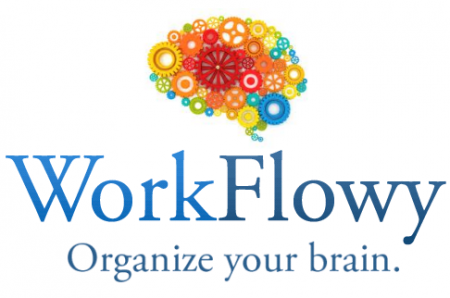

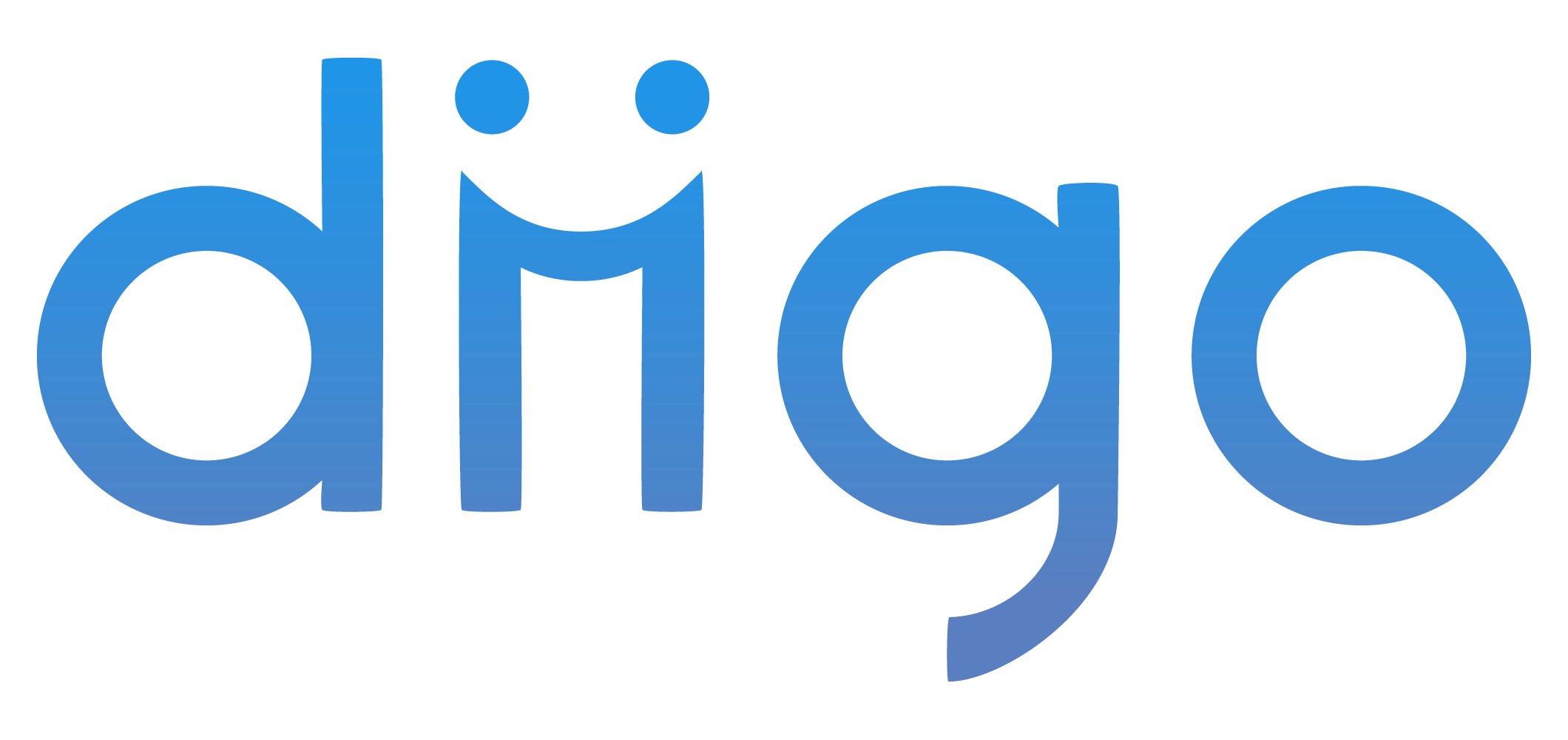
planning and tracking your reading
save books and articles from the web to read later
track what you've already read and what you thought about it
Instapaper
+ Quick way to save articles that you find online
+ Removes ads and optimizes for reading on an iPad, phone, or Kindle
+ Might reduce procrastination (read it later)
+/- Simple and text-focused (unlike competitor Pocket)
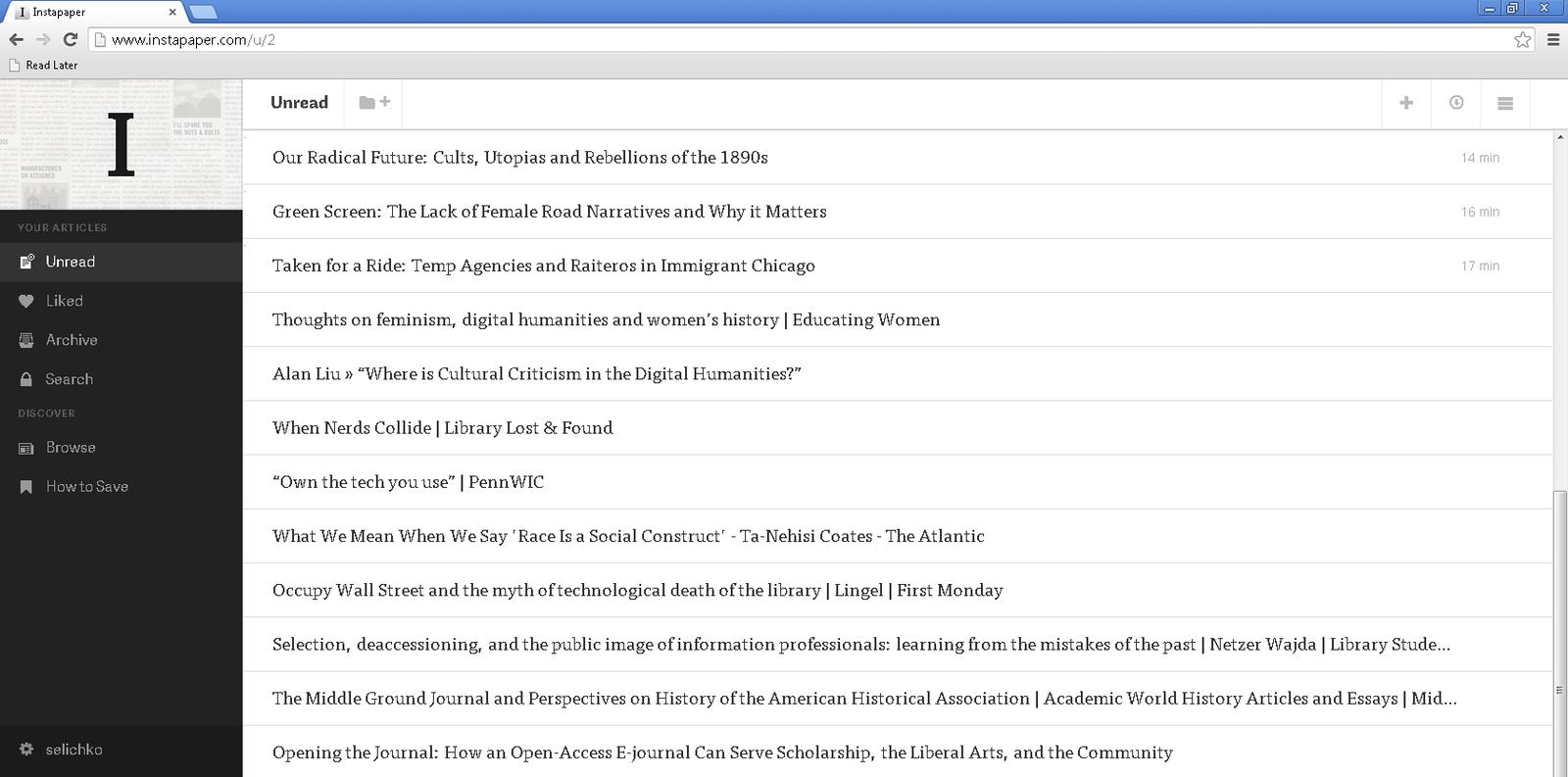
- Doesn't work with PDFs, books, or articles requiring a login
- iOS (iPad/iPhone) app costs $3.99
- No built-in support for annotation
Goodreads
+ Keep track of books that you want to read and have read
+ Find book reviews and recommendations from other users
+ Easy to add books, create lists, rate books, and write reviews
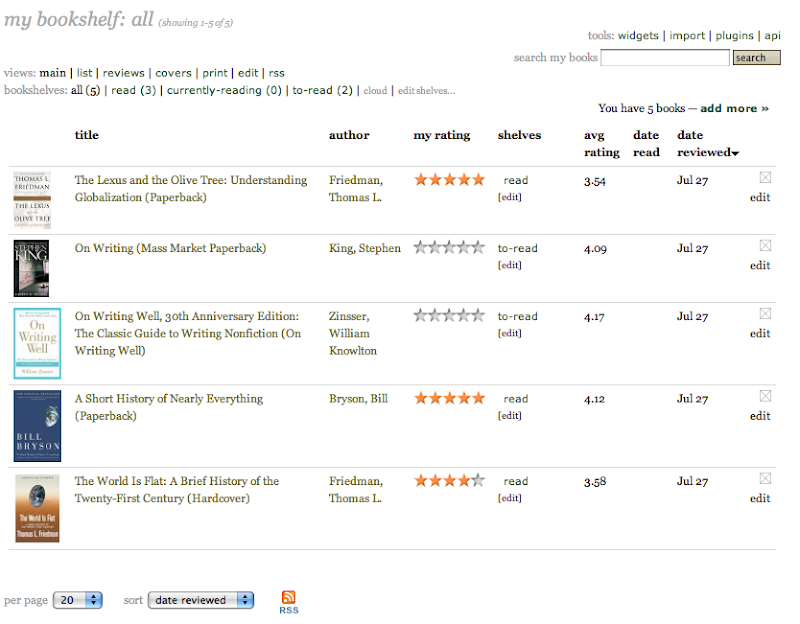
- Doesn't handle articles or websites well
- Recently purchased by Amazon (so may change significantly)
Tripod Lists
+ Save your searches and return to them later
+ Easily export to Zotero, can export to Evernote

keeping track of citations, references, and reading
academic-focused (but can help you organize other articles and personal documents)
bibliography generators that also store PDFs of articles
Zotero
+ easy to import metadata (from webpage, ISBN, PDF)
+ organize with tags and folders
+ easily export bibliography to Word

Mendeley
+ Extracts metadata (author, title, etc.) from PDF files
+ Annotate PDFs and sync to access your readings from anywhere
+ Create bibliographies and export to Word
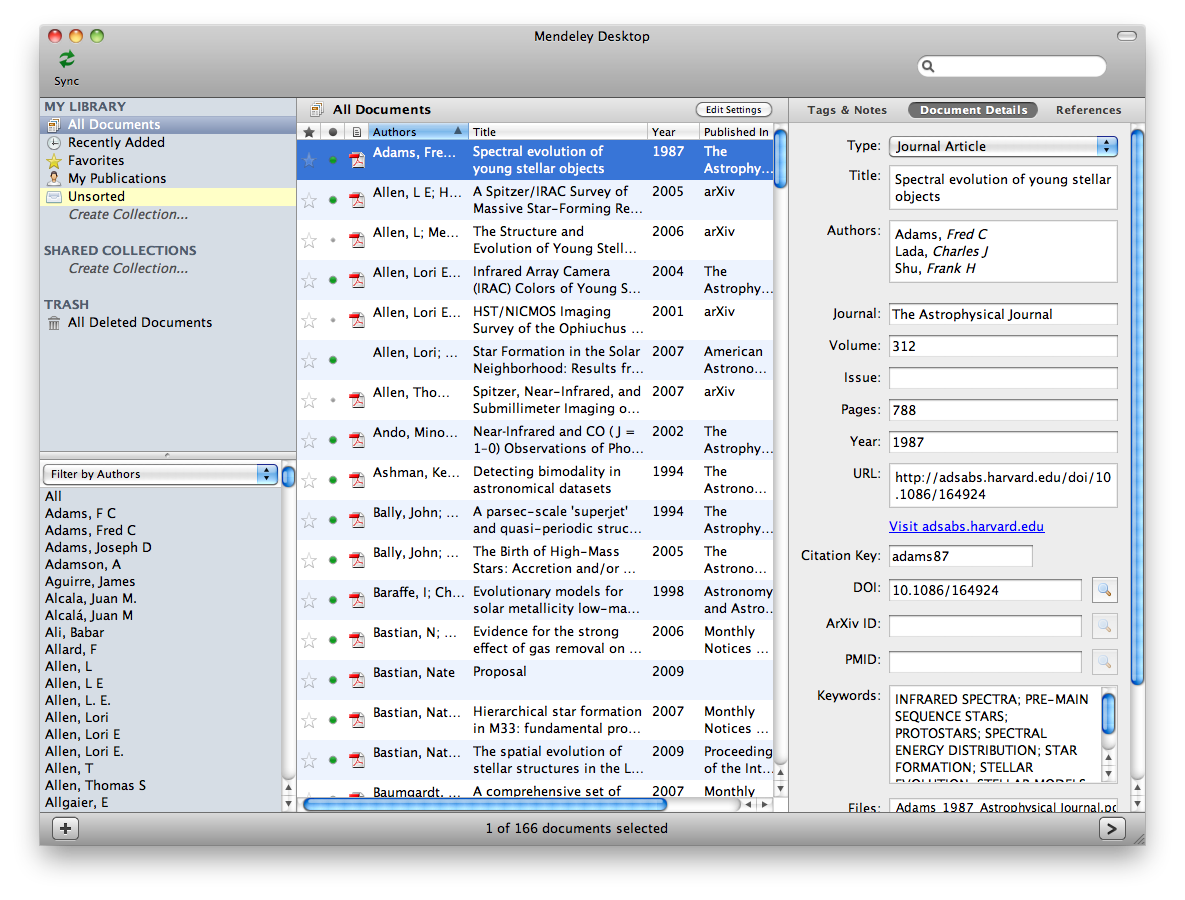
- Limited free storage space for PDF files
- Now owned by Elsevier, so may change significantly.
full-featured note-taking
these tools offer more features than their plain-text counterparts, such as integration of images and video
can be slower to use than the simpler tools
Evernote
+ Store notes, images, and files and sync across platforms
+ Search for text inside images (e.g. a photo of a business card)

- On a mobile device (e.g. iPad or Android), reliable offline access is a feature reserved for premium subscribers ($5/month or $45/year)
- Stores notes in a proprietary format (.enex)
Google Docs
+ complete revision history
+ easy to annotate, share
- online only, some hiccups converting to/from Word

quick note-taking
simple, easy, and lightweight note-taking
plain text, relatively few bells and whistles
will work on basically any device
instant gratification
Workflowy
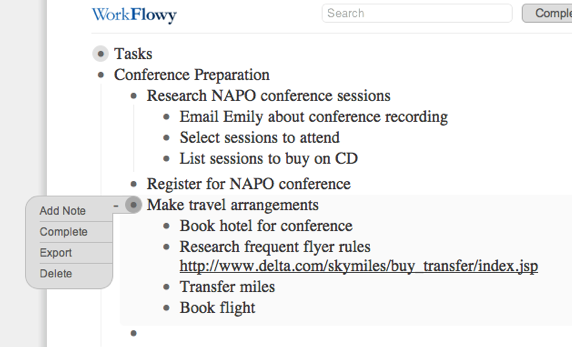
Simplenote
+ Quick, easy, and simple note-taking
+ Synchronizes notes for access from any devices
+/- Plain-text only (no bold, italic, etc.)

Cornell Notes
+ writing usually faster than typing, improves recall
+/- not computer-based
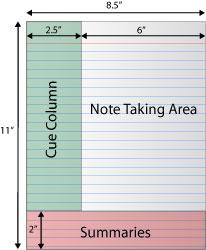
annotating and
bookmarking websites
Diigo
+ highlight, add notes to webpages
+ organize with tags and lists
+ easy to share and collaborate

Comparing the Tools

Where to find more tools
Academic-focused
General Awareness
Reviews